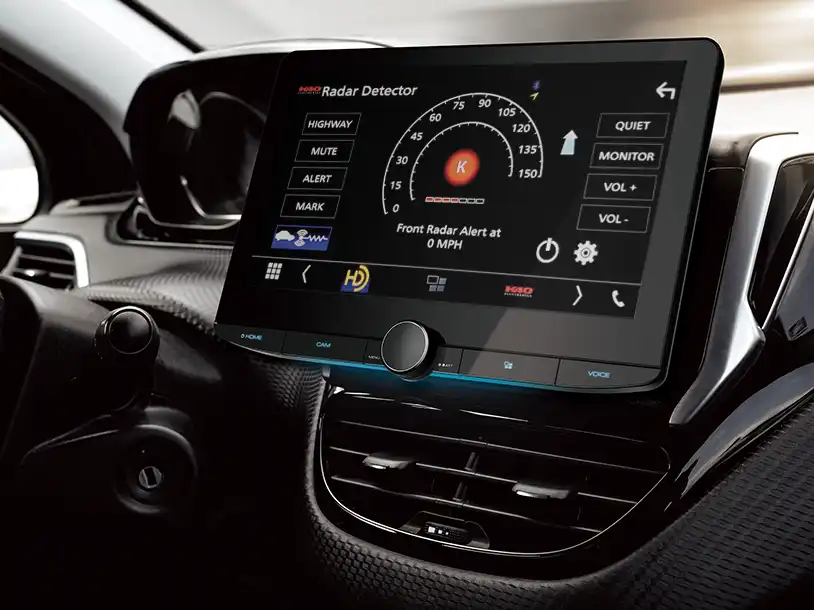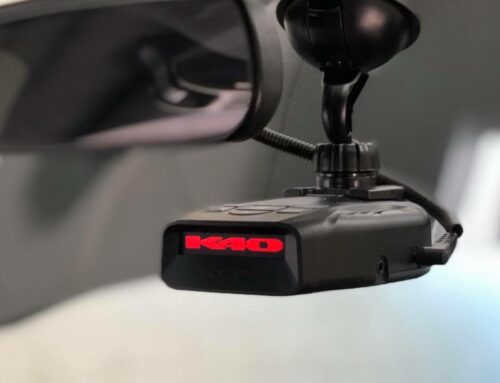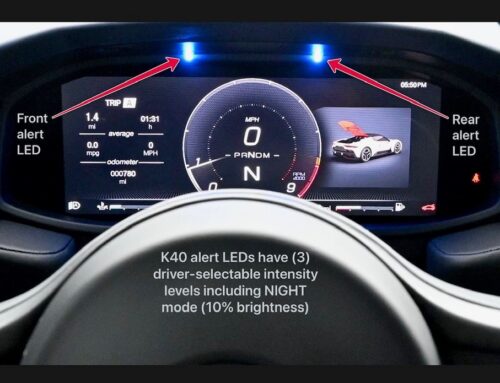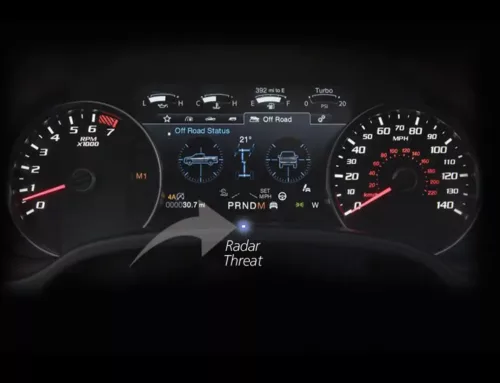Legalities of Aftermarket Installations – Will it void my factory warranty?
May 9, 2024

The quick answer is “no,” here’s the story behind that.
The Fear:
You want to upgrade your vehicle with aftermarket equipment, like a radar detection and laser jamming system, but you’re worried about putting the vehicle’s warranty at risk. It’s no wonder. How often have you heard someone at a dealership say that “installing aftermarket equipment automatically voids the manufacturer’s warranty?” This common misconception has been repeated frequently enough that it is widely believed to be true – THOUGH IT IS COMPLETELY FALSE.
The Truth:
Most vehicle owners are unaware they are protected by federal law: the Magnuson-Moss Warranty—Federal Trade Commission Improvement Act of 1975. Under the Magnuson-Moss Act, aftermarket equipment does not void a vehicle manufacturer’s original warranty unless the warranty clearly and conspicuously states that aftermarket equipment voids the warranty. Most states also have warranty statutes, which provide further protection for vehicle owners.
In other words, that means a dealer can’t wiggle out of his legal warranty obligation merely because you installed aftermarket equipment. Check the owner’s manual to determine if any aftermarket equipment automatically voids your vehicle’s warranty. The language you are looking for likely appears under a heading such as “What Is Not covered.” Although the language seems negative, remember your vehicle manufacturer is simply saying he does not cover the aftermarket products themselves. He is not saying that the products would void the vehicle warranty.
Vehicle Dealers Obligations
Suppose you modify your vehicle, and then it needs repairs while still under warranty by the dealer. Without analyzing the actual cause of the problem, the dealer attempts to deny warranty coverage. He decides based on the fact that you’ve installed aftermarket equipment—a convenient way to avoid incurring low-paying warranty work.
An example of how ridiculous this can get is a man who was denied warranty coverage by a dealer on his power door locks because he had improved his exhaust system. It sounds unbelievable, but it happened – because that man did not know his rights and challenged the dealer’s decision.
FACT: A dealer must prove – not just say – that the aftermarket equipment you installed caused the need for repairs before he can deny warranty coverage on that basis.
Your Rights
Point out the provision of the Magnuson-Moss Act to the dealer. It requires that he explain to you how the aftermarket equipment caused the problem. If he can’t—or his explanation sounds questionable—it is your legal right to demand he comply with the warranty.
FACT: There is recourse if you are still unfairly denied warranty coverage. The Federal Trade Commission administers the Magnuson-Moss Act and monitors compliance with warranty issues—direct complaints to the FTC at 877-382-4357.
Federal Law
“In order to improve the adequacy of information available to consumers, prevent deception, and improve competition in the marketing of consumer products, any warrantor warranting a consumer product to a consumer by means of a written warranty shall…fully and conspicuously disclose in simple and readily understood language the terms and conditions of such warranty. Such rules…require inclusion in the written warranty of any…exceptions and exclusions from the terms of the warranty.” – Magnuson-Moss Warranty & Federal Trade Commission improvement Act, Section 2302(a)
What Does Void a Car Warranty?
When it comes to vehicle warranties, certain activities and conditions can indeed lead to voiding the coverage. Here’s a breakdown of what might leave you out of luck when seeking warranty repairs:
- Off-Road Driving: Taking your vehicle off the beaten path might be thrilling, but it can also lead to warranty voidance, especially if your car isn’t designed for such terrain.
- Racing or Reckless Driving: High-speed antics and reckless driving behavior are not only dangerous but also clear grounds for warranty denial.
- Overloading: Pushing your vehicle beyond its weight capacity can cause significant stress and damage, which is typically not covered under warranty.
- Natural Disasters: Events like flooding, fire, and earthquakes represent uncontrollable acts that can devastate a vehicle beyond standard warranty repairs.
- Poor Car Maintenance: Neglecting regular maintenance, such as oil changes and other routine checks, can lead to issues that warranties do not cover.
- Using Improper Fluids: Introducing incorrect or substandard fluids into your vehicle can cause damage that the warranty will not cover.
Odometer Modifications
It’s important to note that modifications concerning the odometer are particularly scrutinized. Insurers are keen on odometer settings because they reflect the vehicle’s actual usage and wear. Altering the odometer not only voids warranties but can also affect insurance claims and values, as it is seen as an attempt to mislead or deceive regarding the vehicle’s true condition. Be aware, the integrity of your vehicle’s odometer is a critical element in maintaining both your warranty and insurance coverage.
By understanding these aspects, vehicle owners can better navigate the conditions of their car warranties and ensure they maintain valid coverage.





